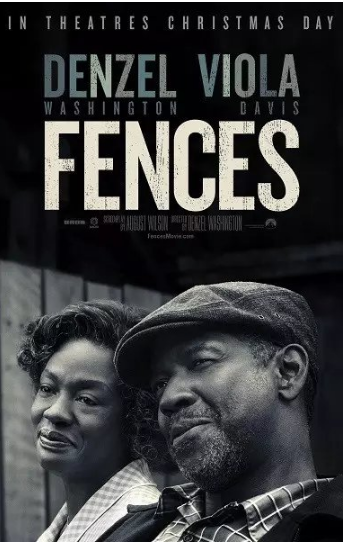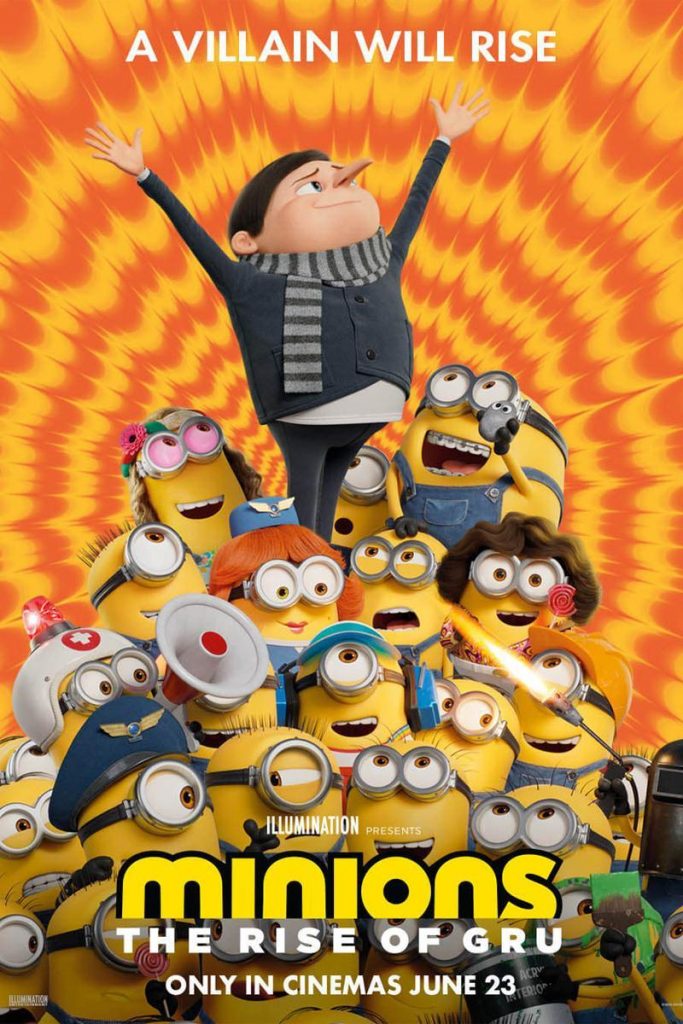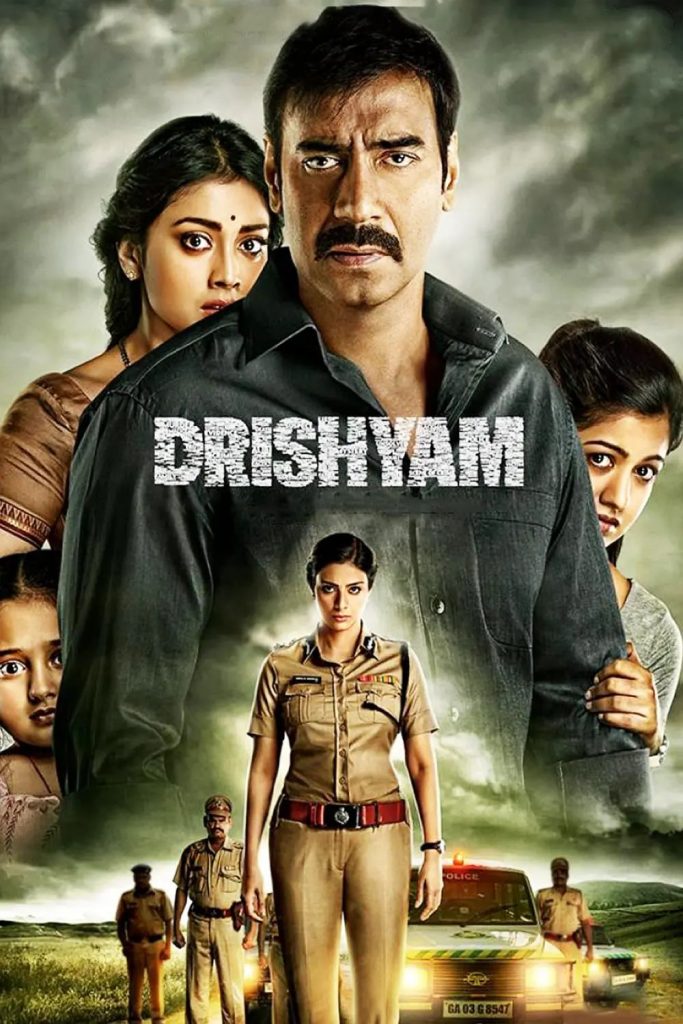It’s clear that Fences is a good film, but it’s a good film without an audience. Based on the play of the same name by the famous black American playwright August Wilson, Fences tells the story of a black family living in Pittsburgh, Pennsylvania, in the 1950s.
The play premiered on Broadway back in 1983 and won three Tony Awards, Drama Desk Awards and the Pulitzer Prize for Drama in 1987.
In 2010, Fences was brought back to Broadway theatres. Denzel Washington and Viola Davis starred as the two main characters, Troy and Rose, and both won Tony Awards for Best Actor and Actress.
The film Fences is directed and starred by Denzel Washington himself. The main cast is almost identical to that of the 2010 play: in addition to Denzel himself and Viola Davis, several other important characters – Troy’s best friend Bono, his brother Gabby and his eldest son Lyons – are played by actors who have appeared in the play.
And that’s not to mention the fact that, on the cast list, the film was written by the original playwright himself, August Wilson. Mind you, August passed away in 2005. This means that the play script for Fences was not, in fact, adapted into a film script. Denzel Washington, as director, essentially brought the play Fences to the big screen as it was written.
This is a guarantee of the quality of the film, but equally the reason why audiences didn’t like it. Fences is a story that clearly has a very noble intention.
In the 1950s, the black civil rights movement in America was just emerging. The idea of equal rights was beginning to spread among the black community, but the policy of segregation was still in place in many parts of the United States.
The main character of the film, Troy, is a sanitation worker. As a young man he was sentenced to 15 years in prison for an accidental killing. While in prison he learned to play baseball and became a professional for a time after his release, playing in what was then the Negro League of Baseball, but ultimately did not succeed in making it to Major League Baseball.
Even though he was not young when he was released from prison, and even though black players were beginning to play in the major leagues at the time, Troy always believed that he was rejected by the major leagues because of the colour of his skin. He was blind to his criminal past and the social progress of his time, always identifying himself as a victim of life and fate.
This is the first brilliant aspect of the film’s intention: it reflects the bitter historical context, but does not use it as a politically correct selling point.
The film focuses on the relationship between Troy and his family.
The eldest son, Lyons, is the child of Troy and his ex-wife. The relationship between father and son was not close due to the fact that his father was in prison when he was growing up. Coupled with Lyons’ lack of a steady income as a musician and his occasional borrowing from Troy to get by, Troy resents his older son.
The younger son, Cory, loved American football and gained admission to college through football. But Troy was convinced that blacks had no future in sports and continually discouraged his son from continuing his athletic career.
His younger brother, Gabby, was mentally handicapped as a result of a head injury sustained in World War II. Troy used his brother’s pension to buy his own home, refusing to put his brother in hospital on the grounds of allowing him to live more freely. But when he learned that the government was sending the other half of his pension to the hospital, he was determined to put his brother there again for that portion of the pension.
His wife Rose has done her best to look after the family for 18 years, but Troy has cheated on him. When he confessed to his wife, he also gave a rousing account of his reasons for cheating, without any remorse. A few months later, the cheating partner dies in childbirth, and Troy brings home the daughter he gave birth to and asks his wife to raise. Objectively speaking, Troy works hard and tries to provide for his family.
But at the same time, he hurts everyone around him with his scumbag ways and absolves himself of all responsibility with his scumbag reasons and logic. As the title suggests, he creates a barrier to protect his family, but he also creates an insurmountable barrier between him and his family.
But is the film a look into the life of a scumbag? Apparently not. The kinds of hardships Troy faces, the responses he makes, the damage he does to his family, are actually not unfamiliar to us all in our lives. How many times have we seen people face their own failures in life and instead of reflecting on their own shortcomings, they just complain about the injustice of fate?
How many times and how many people have we seen who, when faced with the mistakes they have made, do not acknowledge their misdeeds, but keep on making logical and pleasing justifications for their faults? It is not uncommon for parents to dictate the lives of their children. The stormy aftermath of the infidelity is also still fresh in the mind.
This is the second brilliant aspect of the film’s intention: the ability to bring empathy to the audience through the conflicts of a family that transcends race, country and generation. These two brilliances are the reasons why I think the film was nominated for the Best Picture Oscar.
Even with the brilliance of the intention, I still have to say: it is a very difficult film to watch. Specifically, the film does a very poor job of cinematising the text of the play.
At 138 minutes long, it is a barrage of dialogue from beginning to end. The background, the plot, the conflict, all rely on dialogue, and at some points the dialogue is extremely staged. This makes the film incredibly unpleasant to watch. What’s even more annoying is that some of the monologues that reflect the emotions of the characters on stage are kept straight in the film. So more than once we see the protagonist alone, either ranting loudly or mumbling to himself, leaving the audience incredibly out of character.
In the theatre, interactions between characters need to be frequently wide open in order to keep the audience’s attention. But following this approach to the presentation of a film can easily be too deliberate and make the audience feel overly dramatic, which in turn detracts from the film. The same is true for scenes. On a theatrical stage, a change in time can be shown by a shift in set. But a film that mechanically applies this can easily cause a break in the timeline and affect the dramatic tension of the film.
The middle section of Fences features a montage that feels very cut-throat to the viewer: in the space of about two minutes, the camera pans around between several scenes and characters, and then months pass.
It’s easy for a film adaptation of a play to fall into this problem: even if the text is excellent and the actors give great performances, once the directing is lacking, it’s easy for the audio-visual language to become too staged, which ultimately leads to a poor overall look and feel of the film. Unfortunately, this is exactly what happens in Fences. Finally, I can’t help but mention the film’s Oscar nominations.
Objectively speaking, Denzel Washington’s performance in this film is quite outstanding. But for one thing, the character of the chatterbox scumbag is easy to pull off, and for another, I think it’s clear that he doesn’t translate the play format into the film format successfully. Despite blowing up the Screen Actors Guild Awards for Best Actor, I’m still firmly on Cassie Affleck’s side at the Oscars.
Objectively speaking, Viola Davis is a standout performance in this film over Denzel. But is it really fair for this leading lady of the play to play the lead role and compete for a supporting award? Her performance deserved the Best Supporting Actress accolade, but I couldn’t help but feel bad for the other candidates. And is this kind of coquettish declaration for the sake of winning an award really worth encouraging? Having said all that, let’s finally get back to the film itself.
The line that touched me the most was this one. (He just wants you to say: Well done, son)
Even though I really disliked the film, it made me realise how much I needed a word of appreciation or affirmation from the people around me as a person trying to make a living. And for that, I guess I should still say thank you to Fences, an incredibly difficult film to watch.













